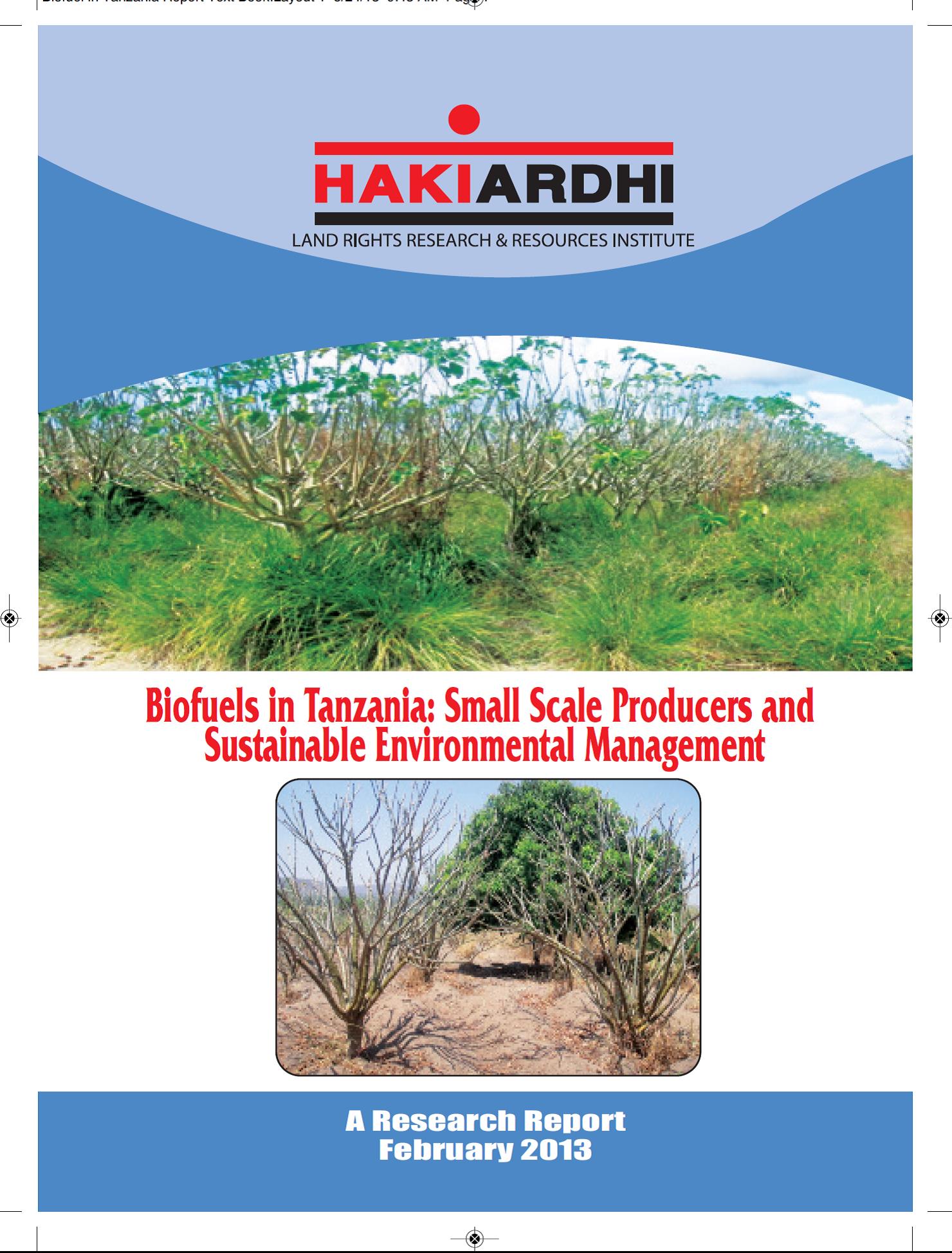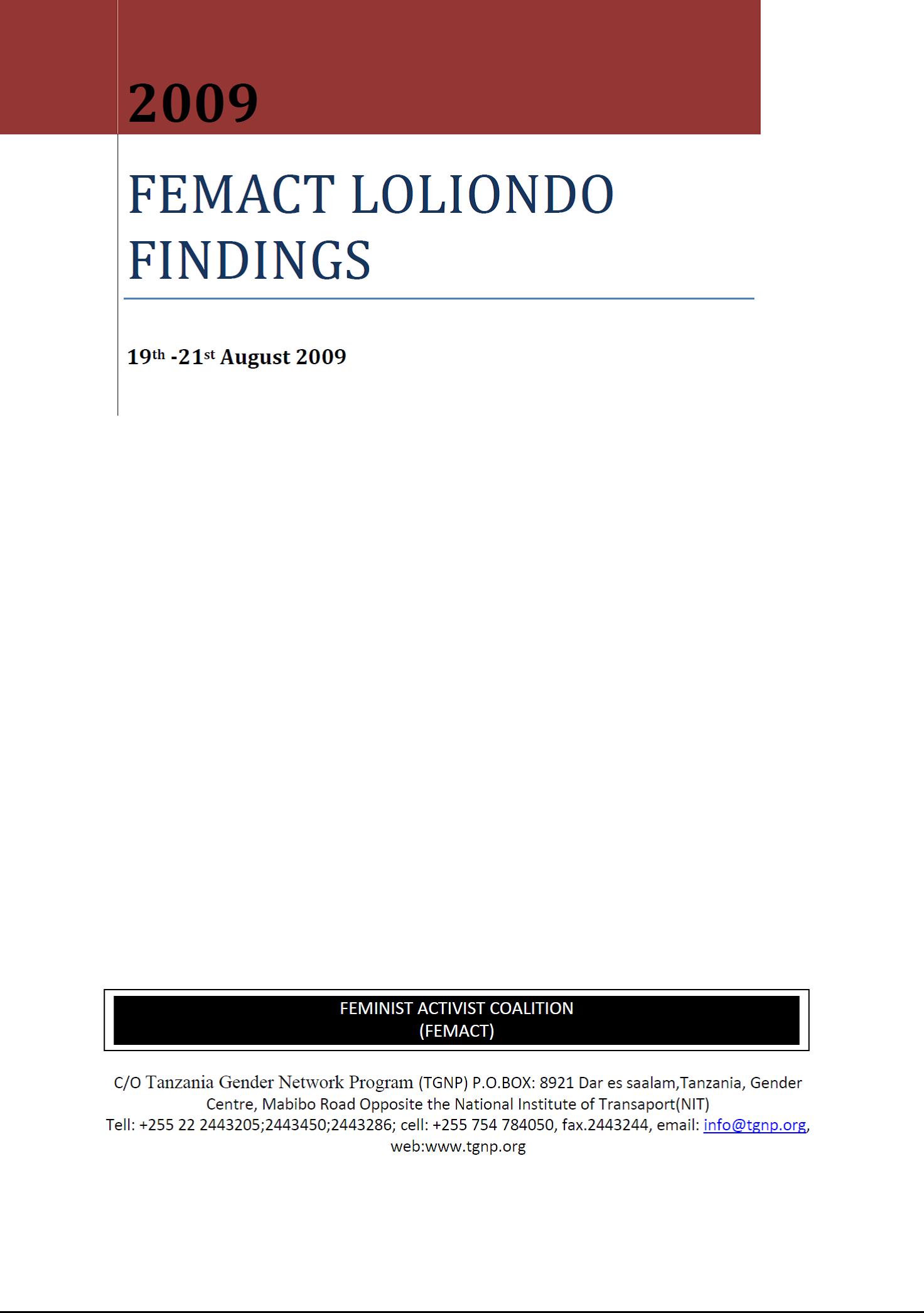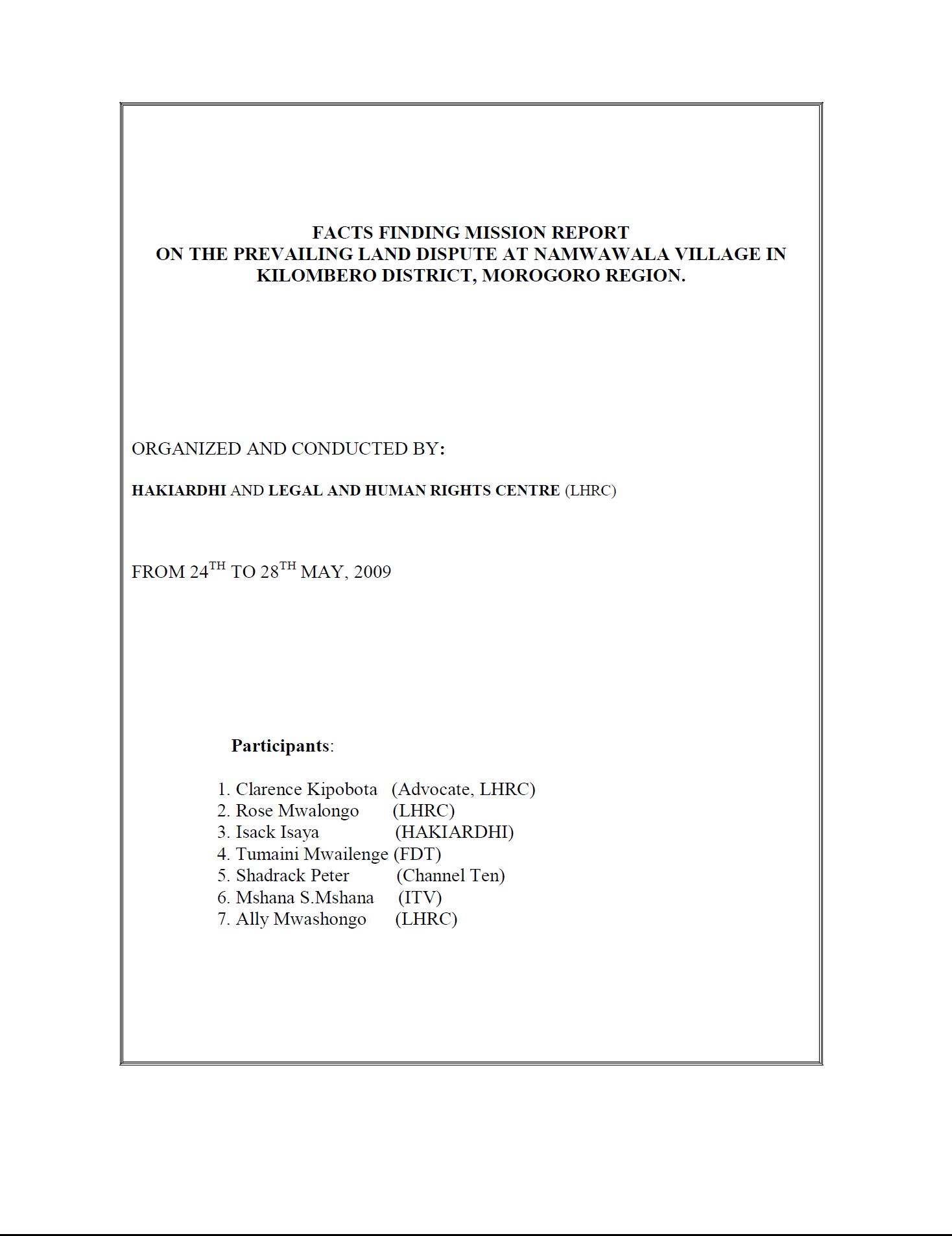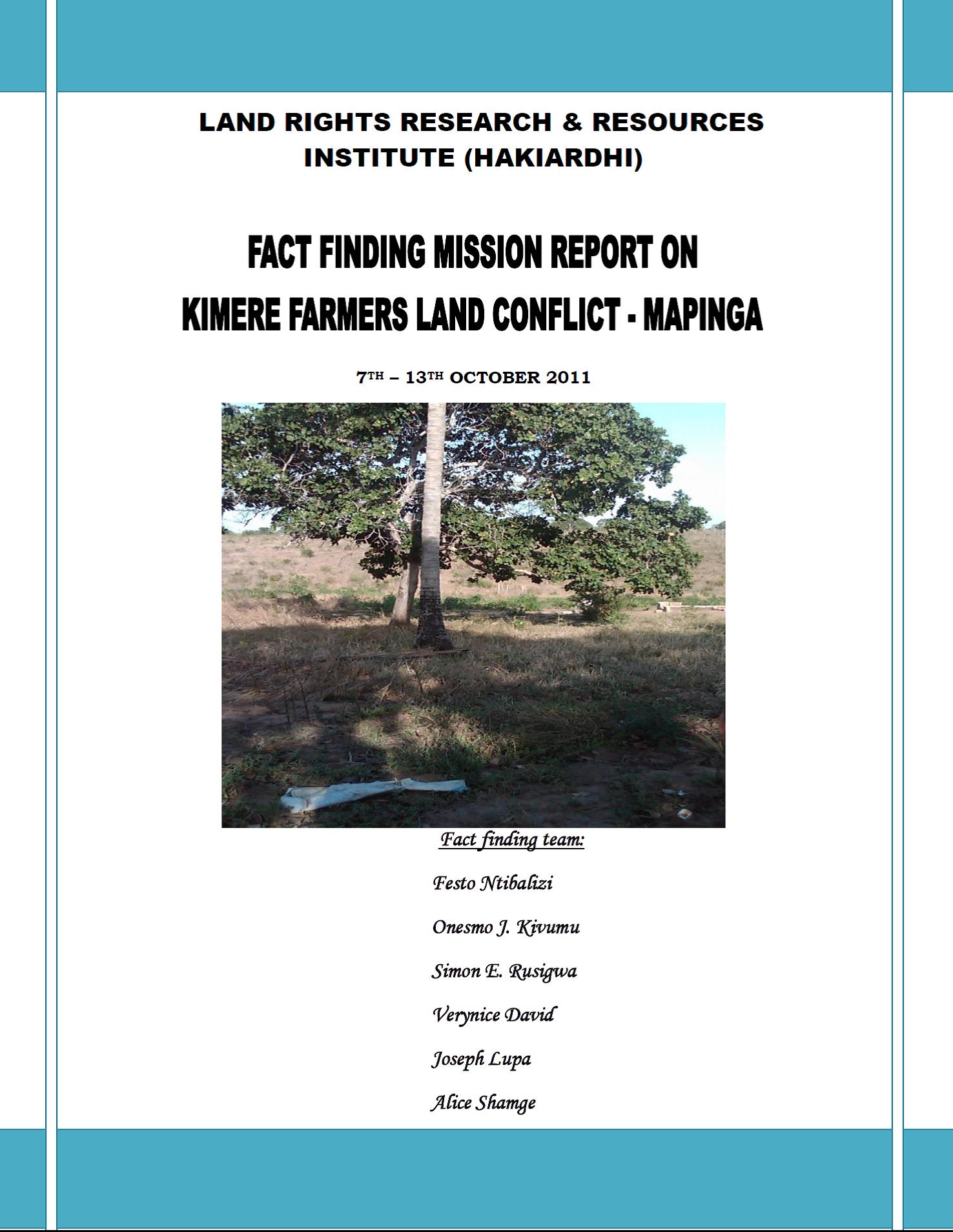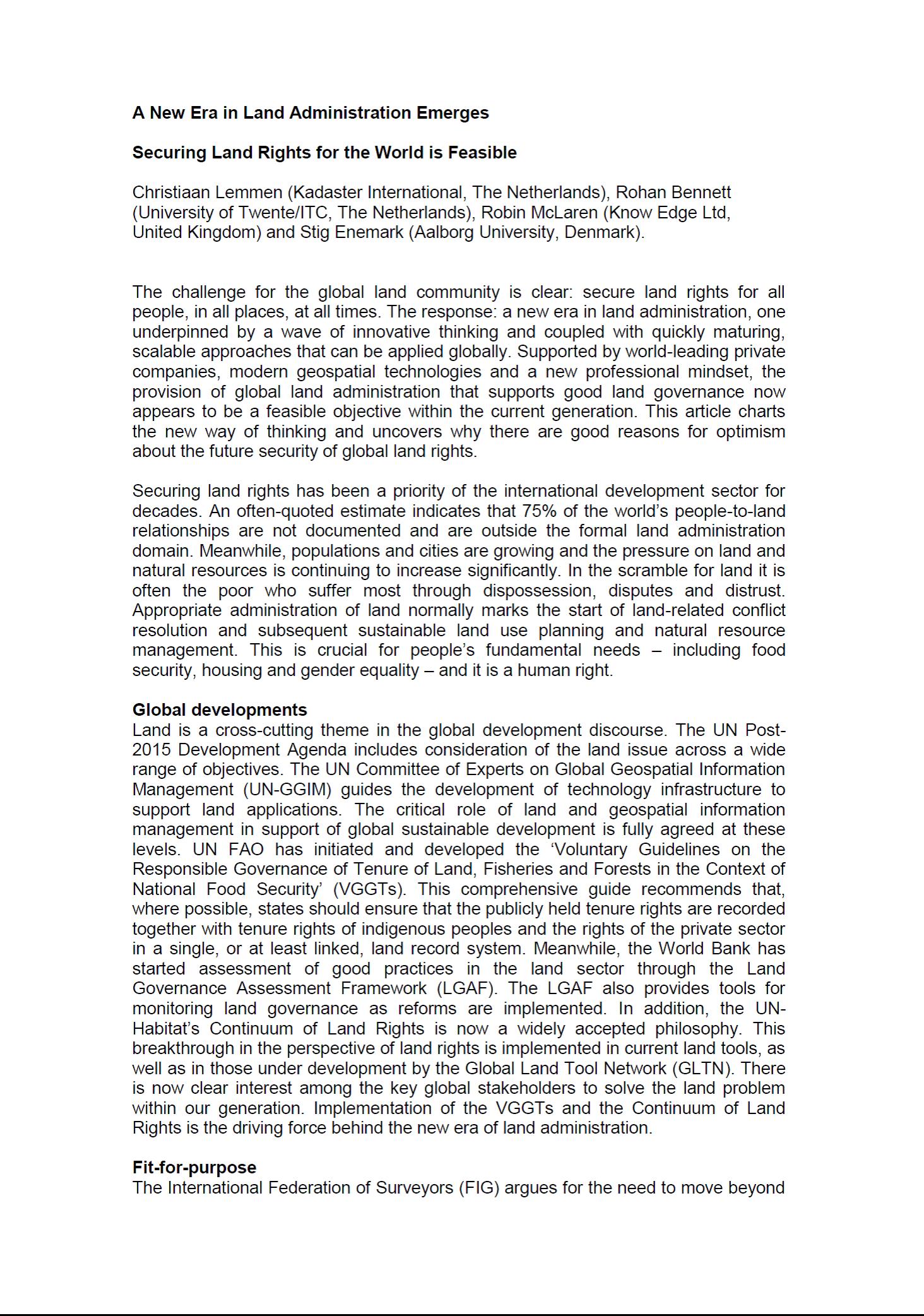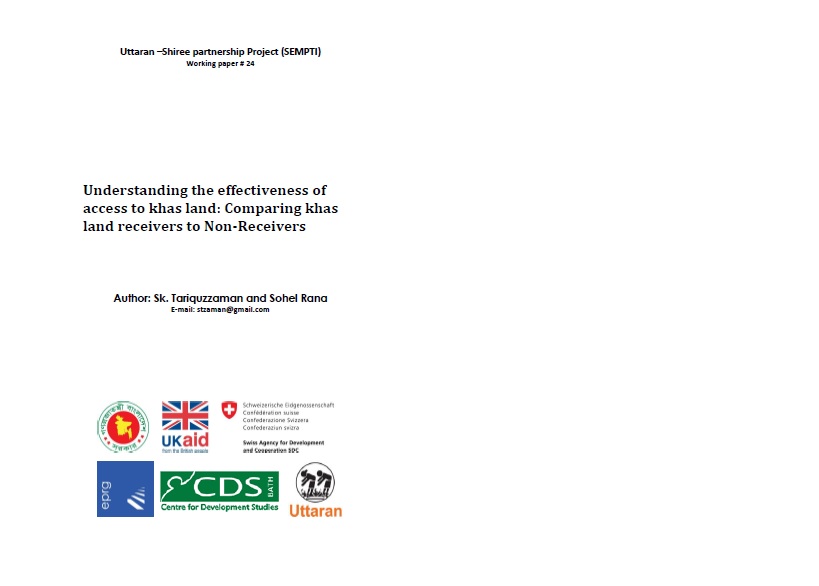Biofuels in Tanzania: Small-Scale Producers and Sustainable Environmental Management
The purpose of this study was to assess the bio-energy sector in Tanzania and to critically inquire the threats, benefits and opportunities to smallscale producers and sustainable environment management. Based on the terms of references this study focused on areas where land is earmarked or already in use for production of biofuels in Tanzania for both large and small-scale firms. The development of policy of liquid biofuels and other policies in general were examined.

